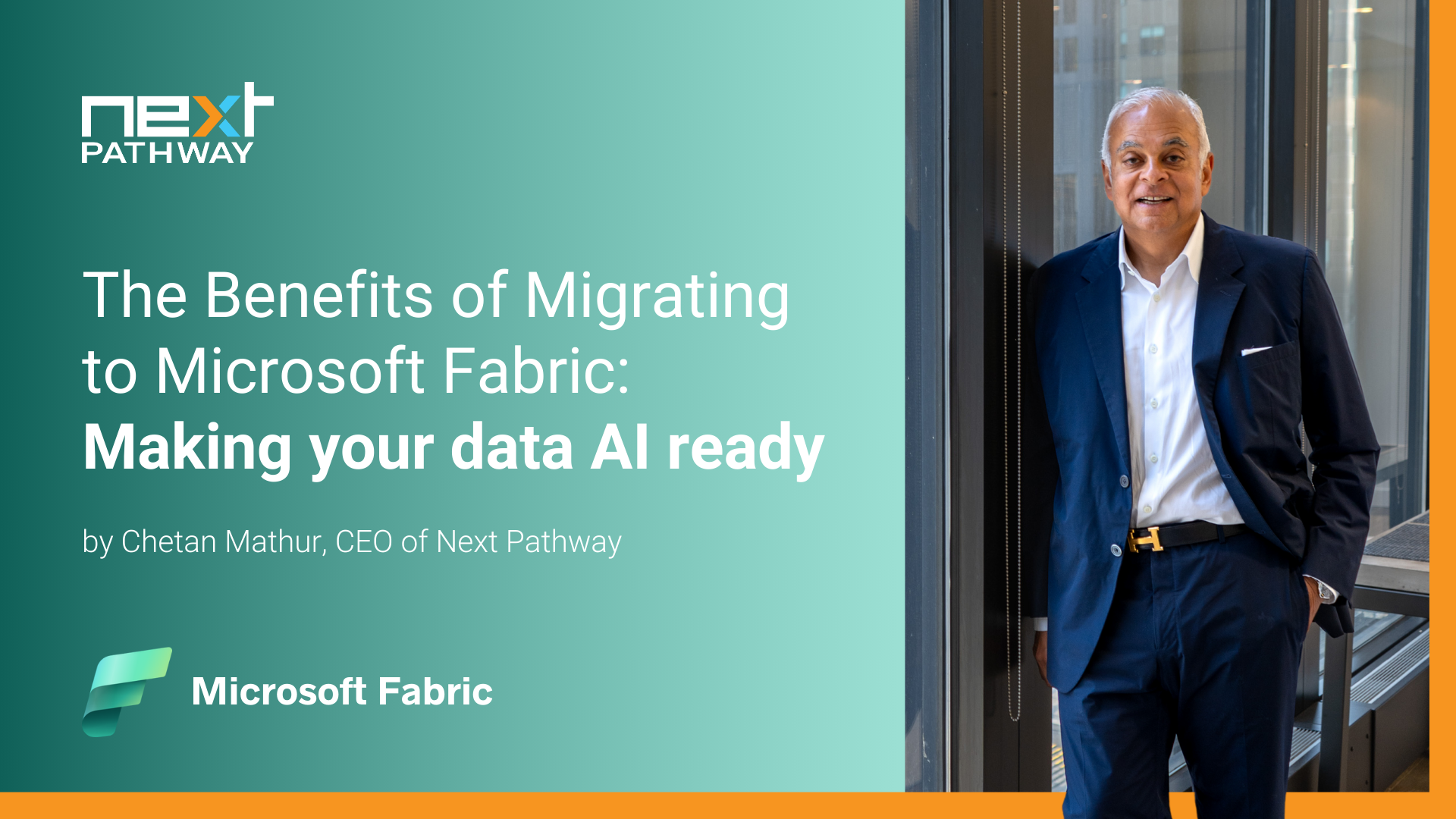Microsoft Fabric is an AI powered analytics solution for enterprises that covers everything from data movement to data science, real time analytics and business intelligence.


Welcome to the era of AI enabled data.
Enterprises are positioned to significantly enhance their data analytics capabilities by embracing the migration to Microsoft Fabric—a unified data analytics platform that seamlessly consolidates diverse data toolsets. This transformation extends accessibility beyond data science experts, offering a unified experience across various aspects such as workspace, sign-on, storage format, security management, and collaboration.
One of Fabric's standout features is its ability to ingest raw data into the Power Platform, empowering Business Intelligence (BI) and reporting teams. This not only simplifies the data analytics process but also has the potential to replace existing data pipelines and transformation rules, streamlining the complexities associated with enterprise analytics and fostering integration across the analytics stack.
Fabric goes beyond mere data consolidation; it provides a single integrated service encompassing data integration, engineering, warehousing, science, real-time analytics, and business intelligence. This comprehensive approach reduces the reliance on multiple tools and platforms, offering a more efficient and streamlined data analytics process.
Moreover, Fabric enables users to work with their data in place, minimizing the need for data movement or duplication. This not only reduces costs and complexity in data management but also facilitates cross-cloud data analytics—an essential capability in the modern data landscape.
The platform caters to various data professionals, including SQL Analysts, Data Engineers, Data Scientists, and Business Users, supporting familiar and easy-to-learn experiences. Leveraging large language models (LLMs) and Copilot for code generation, Fabric accelerates model creation and data analysis, providing suggestions and recommendations based on natural language queries or code snippets.
Fabric is powered by OneLake, a unified data lake that connects data from Azure storage accounts and other clouds, offering a consistent and secure data layer accessible by any engine or tool. This architecture allows users to create shortcuts to link data without the need for data movement or copying.
In addition to these strengths, Fabric integrates various data tools into a Software-as-a-Service (SaaS) offering, eliminating data silos and promoting data sharing within organizations. The platform supports AI-powered analytics, a unified data lake for organization-wide data management, cost optimization, security, and compliance offerings. It reduces the complexity associated with enterprise analytics and provides centralized administration and governance.
Fabric's deep integration with Microsoft 365 applications turns these everyday apps into hubs for uncovering and applying insights. It is designed to be efficient and environmentally friendly, minimizing data duplication, reducing compute and storage costs, and optimizing resource utilization.
As organizations strive to embrace transformative technologies and embark on their cloud migration journey, Next Pathway, a trusted Global Microsoft partner, plays a pivotal role. Leveraging extensive experience in cloud workload migrations, Next Pathway provides expert guidance to ensure a seamless and efficient transition to Microsoft Fabric and we are extremely excited to be part of the Fabric team and look forward to migrating our customers to this innovative AI-designed platform.
Next Pathway’s Innovative technologies such as SHIFT Cloud, CRAWLER360, and TESTER uniquely enhance this process, automating the migration of legacy workloads from data warehouses and data lakes to Microsoft Fabric. This partnership empowers organizations to streamline data migration, embrace a future of data-driven insights, and embark on their cloud journey with confidence and agility.